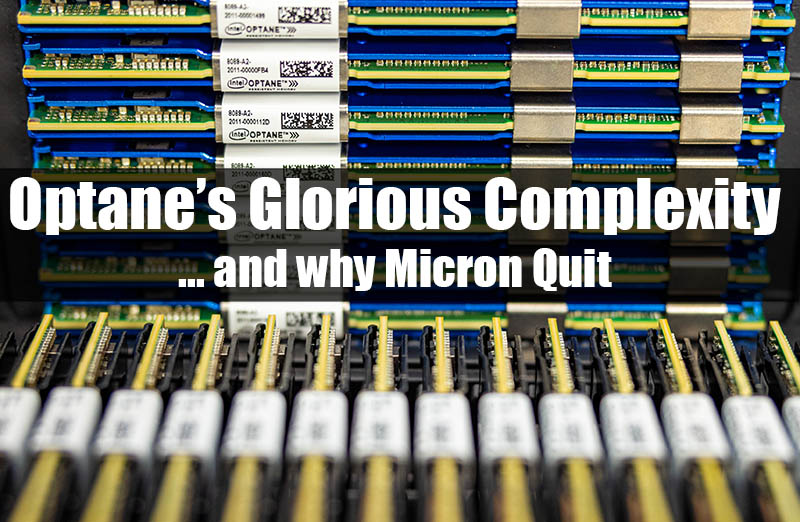Originally posted by sdack
View Post
Originally posted by sdack
View Post



Comment